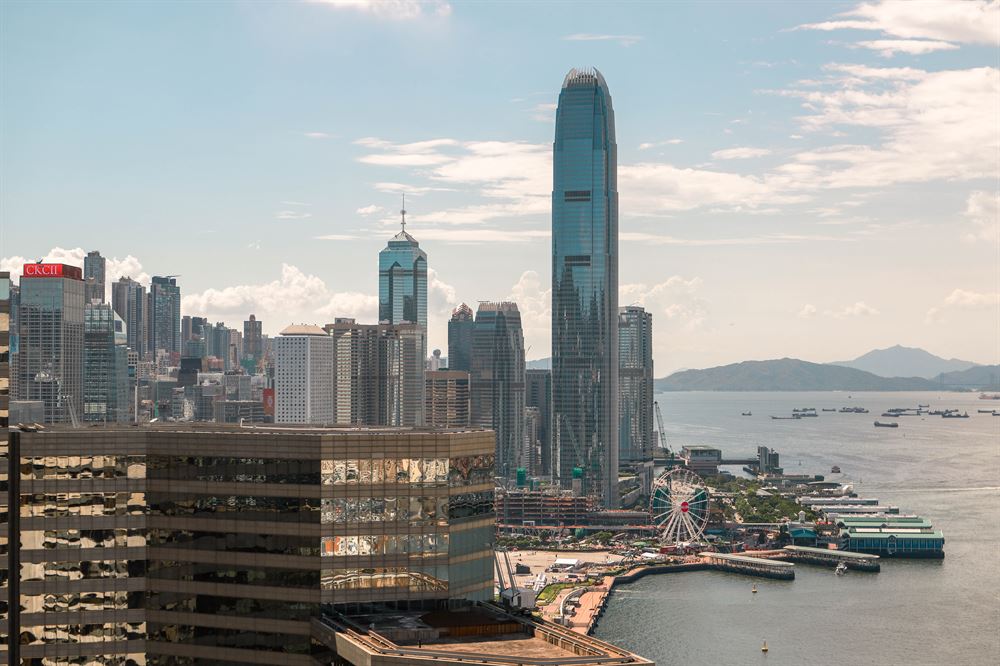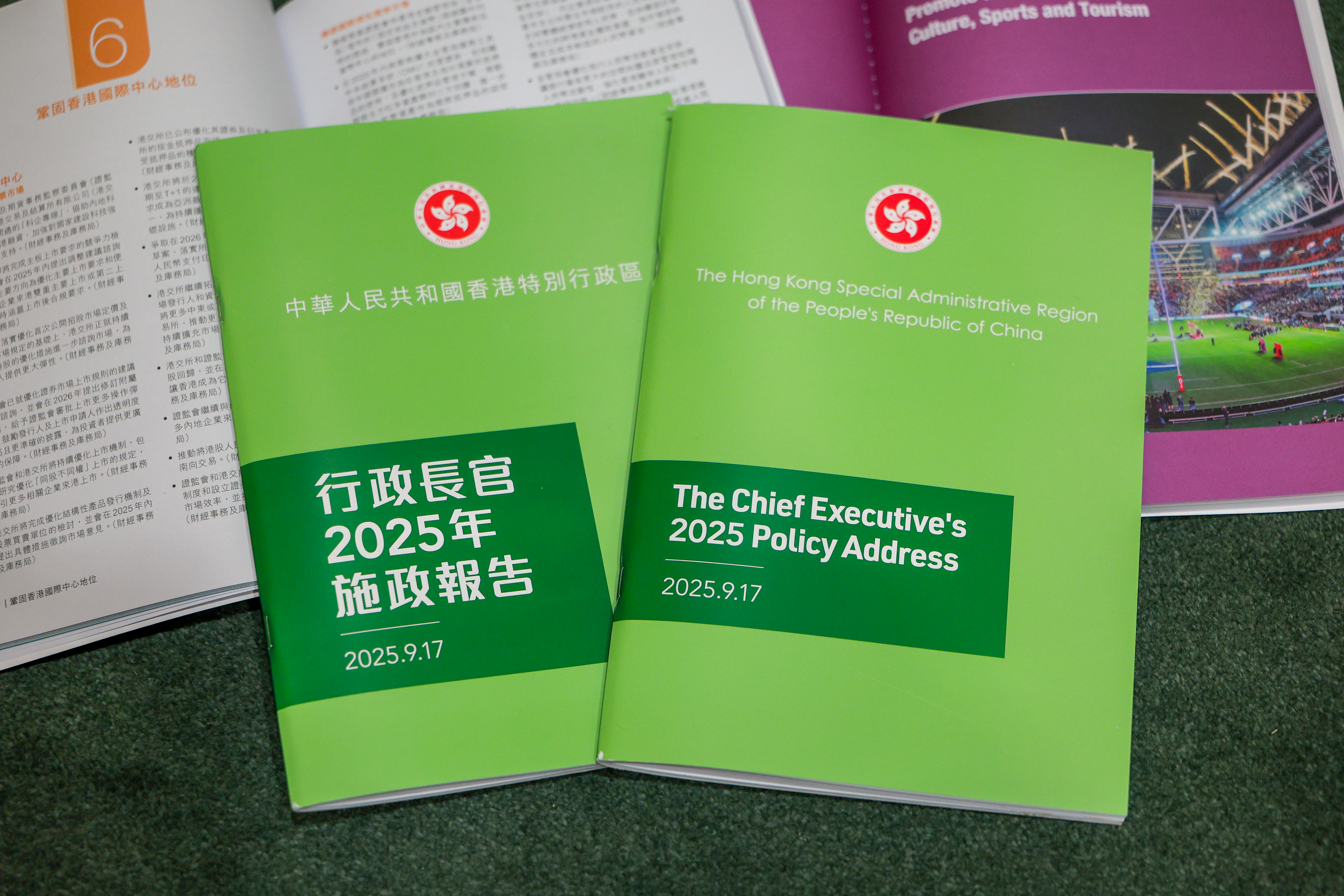
As the market environment shifts rapidly amid technological advancements, Hong Kong is actively exploring new avenues for economic growth. In the latest Policy Address unveiled last week, the special administrative region government charted a new course to nurture emerging sectors, ranging from artificial intelligence and data science to health technology and new energy.
One of the top priorities in Chief Executive John Lee Ka-chiu’s policy blueprint released on Sept 17 is to promote AI as a pillar industry for Hong Kong’s future development. Lee described AI as the “key driving force” of the scientific and technological revolution, pledging to harness the city’s strengths in research, capital, data, and talent to accelerate AI industrial growth and integrate the technology across sectors.
The SAR government is going to set aside HK$1 billion ($128.6 million) next year to establish a dedicated AI research and development institute. It will also proceed with its HK$3 billion scheme to help local universities attract world-class researchers and advance basic research in frontier technologies.
ALSO READ: Officials vow to harness AI to boost efficiency, tourism experience
In addition, a 10-hectare site is set to be tendered for the development of a data facility cluster, while the Hong Kong Investment Corp Ltd — the government’s wholly owned “patient capital” vehicle — will continue to mobilize investment in AI-related ventures.
“This will help Hong Kong seize first-mover advantages in the new wave of technological transformation, and at the same time promote broader adoption of AI in high-growth areas such as finance, healthcare and professional services, with a view to generating economic benefits,” the HKIC said in a statement.
Bill Lee Chern-hsing, Hong Kong managing director of job search platform Jobsdb by Seek, said the government’s push for AI development is expected to generate more employment opportunities in areas such as AI product management and data analytics. According to the platform, AI-related job postings in Hong Kong increased 6 percent year-on-year in the first half of 2025.

Forging the life and health technology industry is another key focus in the city’s industrial transformation roadmap. Lee said the SAR government will put emphasis on promoting clinical trials for innovative drugs by attracting more top-notch pharmaceutical companies from overseas and the Chinese mainland to set up operations in Hong Kong.
A new regulatory body for medical products, the Hong Kong Centre for Medical Products Regulation, will be established, with a view to gaining international recognition. The government will also accelerate the “1+” mechanism — a fast-track registration channel for new drugs — and pilot the prioritization of evaluation and approval for innovative treatments targeting severe or rare diseases.
READ MORE: Hong Kong sets sights on high-end tourism
Lee's Pharmaceutical Holdings Ltd, a Hong Kong-headquartered drugmaker with manufacturing facilities in Guangdong and Anhui provinces, welcomed the new initiatives. Its founder, Li Xiaoyi, said the measures would help forge an ecosystem for the pharmaceutical sector within the Guangdong-Hong Kong-Macao Greater Bay Area, creating more opportunities for collaboration in research and development among industry players.
Li added that the polices could enable local pharmaceutical firms to speed up the commercialization of their innovative drugs and R&D outcomes.
Director of the Department of Health Ronald Lam Man-kin earlier said the authority aims to shorten the evaluation period under the “1+” mechanism to fewer than 100 days from the current 150.
READ MORE: Chan: HK’s Northern Metropolis poised for innovative growth
The Policy Address also noted that the government will promote the development of the new energy industry and accelerate the adoption of green technologies. Planned measures include developing a sustainable aviation fuel industry chain, moving forward with the construction of Hong Kong's first large-scale electric vehicle battery recycling facility, and pressing ahead with additional hydrogen energy trial projects. The city currently has 28 hydrogen projects underway or in preparation.
Last year, the government rolled out the Strategy of Hydrogen Development in Hong Kong, outlining four key strategies: improving legislation, establishing standards, aligning with the market, and taking a prudent approach to foster an environment conducive to hydrogen energy development.
Hong Kong has also attracted a growing number of enterprises from fields such as the EV supply chain and energy storage to list on the city’s exchange. The valuations of the new energy sector accounted for $806 billion, or 13 percent of total market capitalization — a fivefold increase over the past decade, Salina Yan Mei-mei, permanent secretary for Financial Services and the Treasury, said on Sept 10.
Contact the writer at gabylin@chinadailyhk.com


